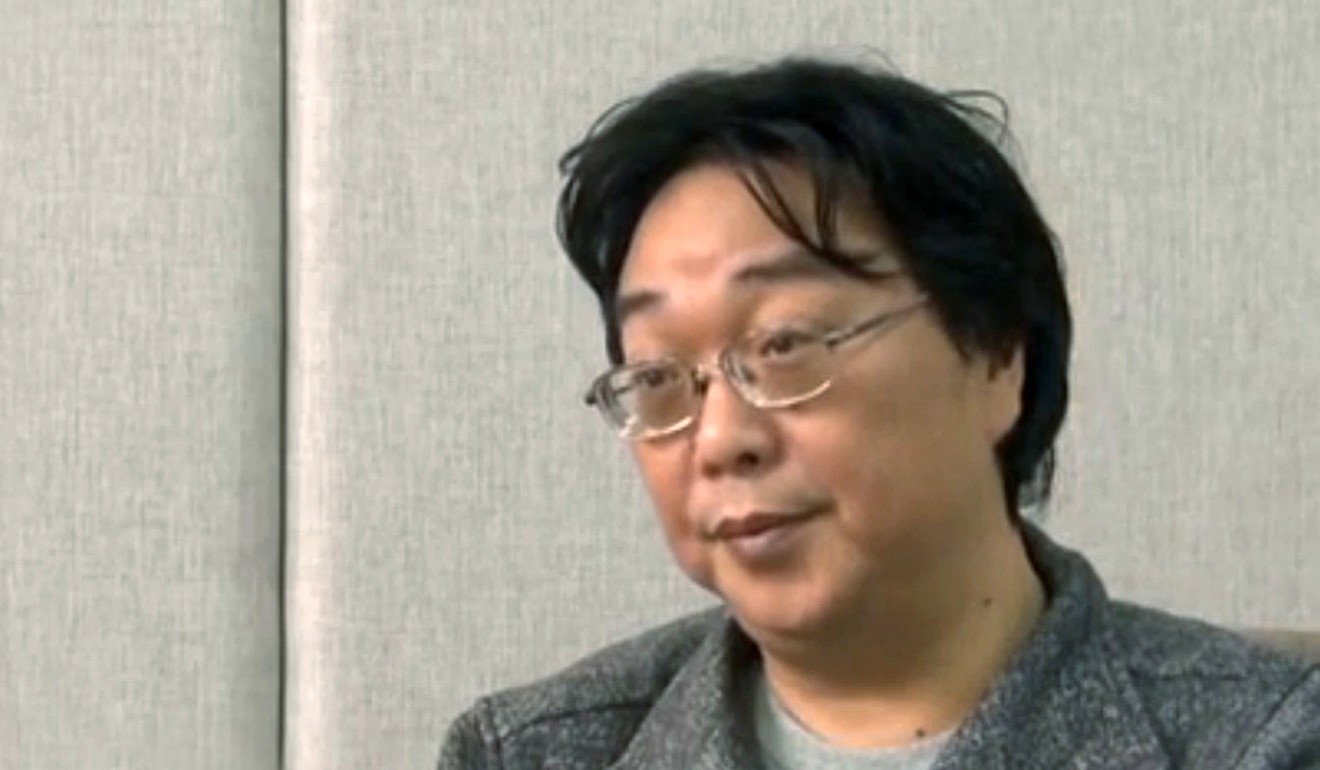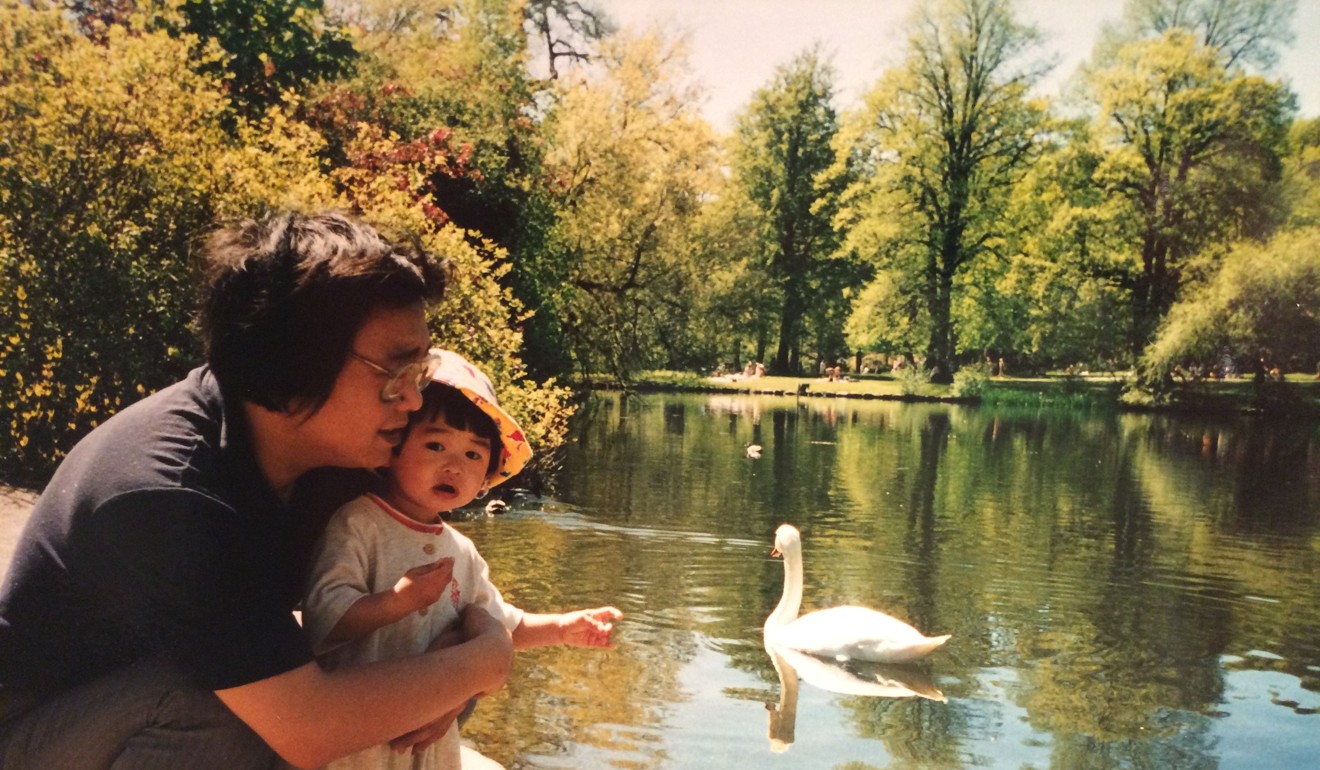
Sweden condemns China’s ‘brutal’ seizing of Hong Kong bookseller Gui Minhai and demands his release
Stockholm on Monday demanded the release of Gui Minhai and condemned Beijing over the “brutal” seizure of the Hong-Kong-based book publisher while he was in mainland China accompanied by Swedish diplomats.
Foreign Minister Margot Wallstrom said the “brutal intervention” against Swedish consular support for Gui last month took place “despite China’s repeated assurances” that he “was free at that time”.
Gui, a 53-year-old Swedish citizen, was arrested on a train to Beijing just over two weeks ago while being assisted by two Swedish diplomats – the second time he has disappeared in murky circumstances into Chinese custody.

We demand that our citizen be given the opportunity to meet Swedish diplomatic and medical staff, and that he be released
“China’s actions were in contravention of basic international rules on consular support,” Wallstrom said, adding the incident “raises questions about the application of the rule of law” and “the prohibition of arbitrary deprivation of liberty”.
“We demand that our citizen be given the opportunity to meet Swedish diplomatic and medical staff, and that he be released so that he can be reunited with his daughter and family,” she said.
Chinese officials have given no public reason for his detention.
Gui, one of five Hong Kong-based booksellers known for publishing gossipy titles about Chinese political leaders, first vanished in 2015 while on holiday in Thailand.
He eventually surfaced at an undisclosed location in China, confessing to involvement in a fatal traffic accident and smuggling illegal books.
Chinese authorities declared they had released him in October but his daughter Angela Gui, 23, said that he was under “loose house arrest” in the eastern mainland city of Ningbo, where some of his relatives still live.
“There are all sorts of awful scenarios that could be unfolding,” she said, speaking from England, where she is a student.
Civil society has come under increasing pressure since Chinese President Xi Jinping took office in 2012, with authorities rounding up hundreds of lawyers and activists.

The United States and European Union have called for Gui’s immediate release and his disappearance has sparked a diplomatic row between Stockholm and Beijing.
On January 20, Gui was grabbed by plain clothes police while on a train between Ningbo and Beijing, where he was due to have a medical appointment.
Angela Gui fears he may now be put on trial and receive a longer sentence, jeopardising his health.
Doctors in Ningbo said her father may have the neurological disease ALS – he had been on his way to Beijing to see a Swedish specialist.
“If he does have ALS, perhaps he might not have that much time left,” she told AFP.

Rights groups had pushed for him to be allowed to seek medical treatment abroad. It was the first time a Nobel laureate had died in custody since Nazi Germany.
Angela Gui said the international community must snap out of its “paralysis” over the case, describing her frustration that more had not been done to get her father out of China sooner.
“He shouldn’t have been abducted again in the first place – there should have been a way of getting him home before that,” she said.
“Or there should have been a way of making sure he was safe when he was travelling.”

.png?itok=arIb17P0)